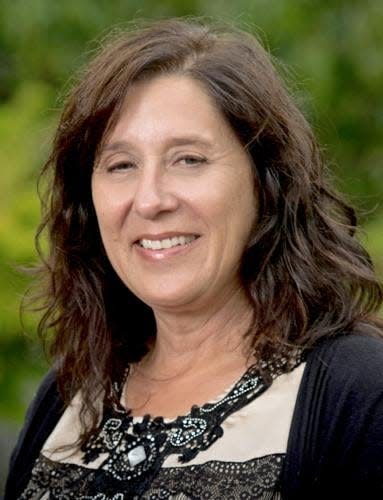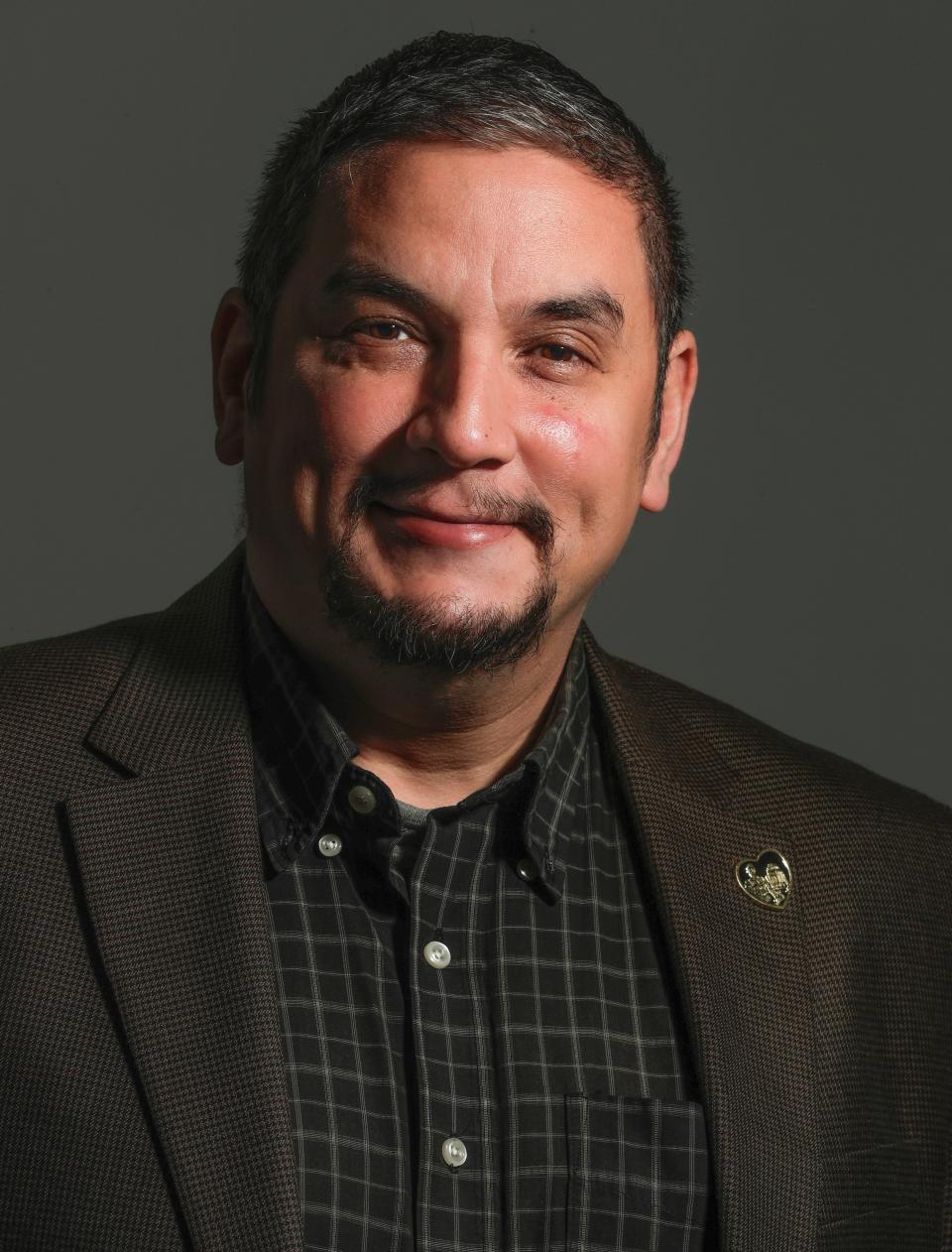Wisconsin nonprofit that invests more than $1.8M annually to help Native people buy homes and start businesses has a new CEO. Here's her vision.

LAC DU FLAMBEAU – Ten years ago, Cheryl Cloud, a member of the Bad River Ojibwe Tribe in northern Wisconsin, dreamed of starting a business with her partner, but her bad credit was a major obstacle.
“I was just a regular Jane Doe living paycheck to paycheck,” she said.
Cloud found it difficult to receive loans with good terms and had to settle for the occasional payday loan, which many financial experts say are predatory with high interest rates.
She reached out to the Wisconsin Native Loan Fund, based in Lac du Flambeau, for help.
Through the organization, Cloud received help with debt consolidation and coaching about how to build better credit.
And in 2014, she and her partner, who later became her husband, were able to start their own business, Copper Creek Roofing and Construction, based in Ashland, which is still running.
Today, Cloud was recently selected as the new CEO of Wisconsin Native Loan Fund.
“I was humbled with being selected,” she said. “I’m excited for the future.”
Cloud said she would like to expand the organization’s focus on assisting small businesses and technology and offer more grants to clients, rather than loans.

Sign up for the First Nations Wisconsin newsletter Click here to get all of our Indigenous news coverage right in your inbox
Cloud recently served as the housing authority director for the Red Cliff Ojibwe Tribe in northern Wisconsin.
Wisconsin Native Loan Fund was founded in 2007 by Fern Orie (Oneida), who now serves as the organization’s treasurer.
It is one of several nonprofit organizations in Wisconsin that offer financial assistance to citizens of First Nations in the state.
Wisconsin Native Loan Fund has provided more than $10 million in loans to tribal members since it was founded and now averages loaning about $1.8 million annually.
That includes mortgage and business loans.
The organization also organizes and provides financial educational services open to anyone.
Scores of Native-owned businesses in Wisconsin have been able to get off the ground with the help of Wisconsin Native Loan Fund.
“Getting a loan through (Wisconsin Native Loan Fund) has been so much better than any big bank,” said Tia Bransted (Oneida), who owns Dog City Hotel and Spa in St. Francis, which provides dog daycare and grooming services near Milwaukee.
Adam Skenandore (Oneida), who owns ANASA Traffic Control Services in Pewaukee, which makes traffic signals, also was recently assisted by the Wisconsin Native Loan Fund.
“Receiving this grant is going to help cover the cost of rising inflation created by a once-a-in-a-lifetime pandemic that has already crippled so many businesses across the nation,” he said in a statement.
This year, the organization expanded its loan and grant services to any tribal members living in the state, not only those of the 11 federally recognized tribes with lands in Wisconsin.
“We try help people who help themselves,” said David Gouwens, chief operating officer for the Wisconsin Native Loan Fund.
The organization educates through its Financial 101 courses. The next two classes are 4-6 p.m. March 24 at 2521 Lake Shore Drive in Ashland and 4-6 p.m. May 25 at 607 E. Elizabeth St. in Shawano.
Read more about Wisconsin's Indigenous communities:
2023 State of the Tribes address: Wisconsin’s 2023 State of the Tribes touches on mascots, health care, illegal gambling and more: 5 takeaways
Lac du Flambeau road closures: Lac du Flambeau tribe to reopen barricaded roads in northern Wisconsin as temporary agreement reached
Read more by Frank Vaisvilas: Click here to read more stories by Frank Vaisvilas
Frank Vaisvilas is a Report for America corps member who covers Native American issues in Wisconsin based at the Green Bay Press-Gazette. Contact him at fvaisvilas@gannett.com or 815-260-2262. Follow him on Twitter at @vaisvilas_frank.You can directly support his work with a tax-deductible donation online at GreenBayPressGazette.com/RFA or by check made out to The GroundTruth Project with subject line Report for America Green Bay Press Gazette Campaign. Address: The GroundTruth Project, Lockbox Services, 9450 SW Gemini Drive, PMB 46837, Beaverton, Oregon 97008-7105.
This article originally appeared on Green Bay Press-Gazette: Wisconsin Native Loan Fund CEO Cheryl Cloud envisions boosting grants

